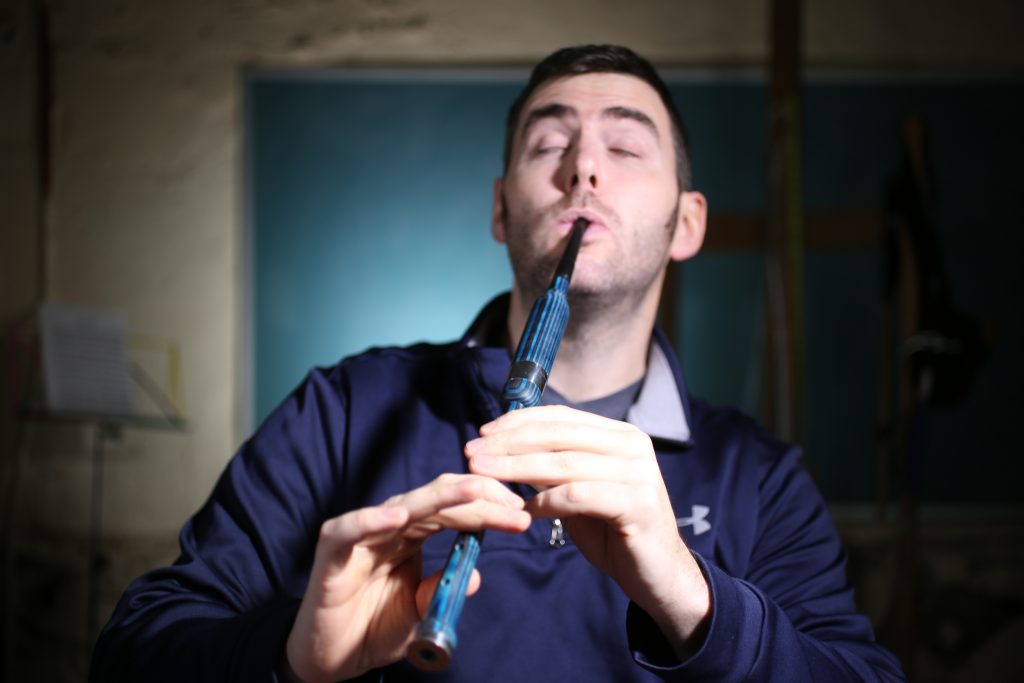Better Bagpipes While You Sleep

Learning to play the bagpipes can be demanding. Sometimes, in spite of all your efforts, you 'plateau' or get stuck, never seeming to improve past what you’ve been struggling with.
If you’re an adult learner, that quick, effortless learning you once had as a developing youngster has all but disappeared. It definitely takes more work to pick up new skills. One possible technique that can push your learning forward: Get some sleep.
It almost sounds like a joke, but it’s not. A study out of the University of Freidburg in Germany found that sleep resets the build-up of connectivity in the brain, which takes place in our waking hours. This appears to be crucial for our brains to remember and learn. Researchers found that the loss of a single night’s sleep was enough to block the brain’s natural reset process. The brain’s neurons became overconnected and so muddled with electrical activity that new memories could not be properly laid down.
If there was anything that could 'muddle' one’s brain, it is bagpipes.
Conventionally, we all know a good night’s sleep will recharge us for the new day. This study reveals why that is true and what is actually happening in the brain.
Modern life saturates our brains with input. In a single day, it is easy to achieve 'overload'. Add in pleasurable activities – be they hobbies, sports, playing music or some other creative activity – and our brains are on overdrive by bedtime.
As this study affirms, sleep 'cools down' this excess electrical activity, allowing the connections built during the day to establish themselves and achieve permanence.
In an interesting side note, blood samples taken from volunteers in the study showed that sleep deprivation lowered levels of BDNF, brain-derived neurotrophic factor, which regulates the brain’s synaptic connections. As another study has shown (and has been written about previously), increased BDNF lays the foundation for new learning and is increased with exercise.
This study is not only notable by itself, but paired with findings from another study out of the University of Lyons in France indicates that sleep is not only vital for learning and memory, it can reduce the time needed to learn new skills.
In the French study, researchers used foreign language as the basis for assessing what sleep could do for this new learning. Researchers gauged whether sleep would influence the amount of practice needed for permanent retention. They split up learning sessions 12 hours apart, one group practicing early in the day and again in the evening, and another group practicing in the evening and again in morning of the next day following normal sleep.
The amount of practice sessions needed for perfect performance on vocabulary tests was reduced by half in the group that slept between practice sessions.
It would seem that not only is sleep good for your learning, but sleeping after learning something new helps take advantage of the process uncovered in the German study, and helps you learn faster.
Playing bagpipes, like any musical instrument, is a process of continued learning. We are always taking in new information, learning new technique, polishing skills, keeping our brains active and growing. These new studies (and others like them that continue to be published) reinforce the need for good health practices to be a part of our daily routines in order for our brains to work at their best. Get some exercise, get a good night’s sleep, and you’ll be setting yourself up for bagpiping progress.
Written by Dr John Holcombe






Responses